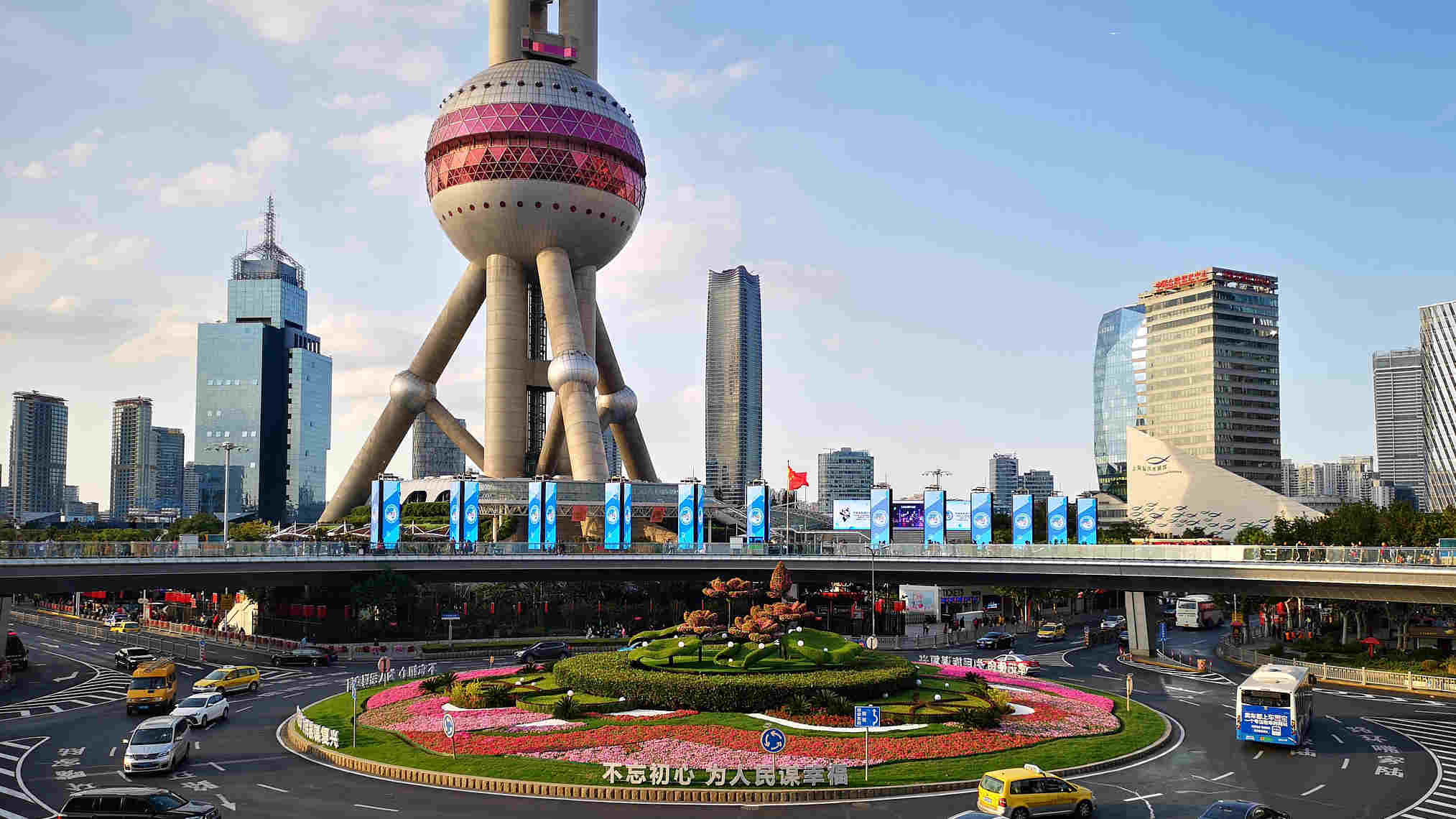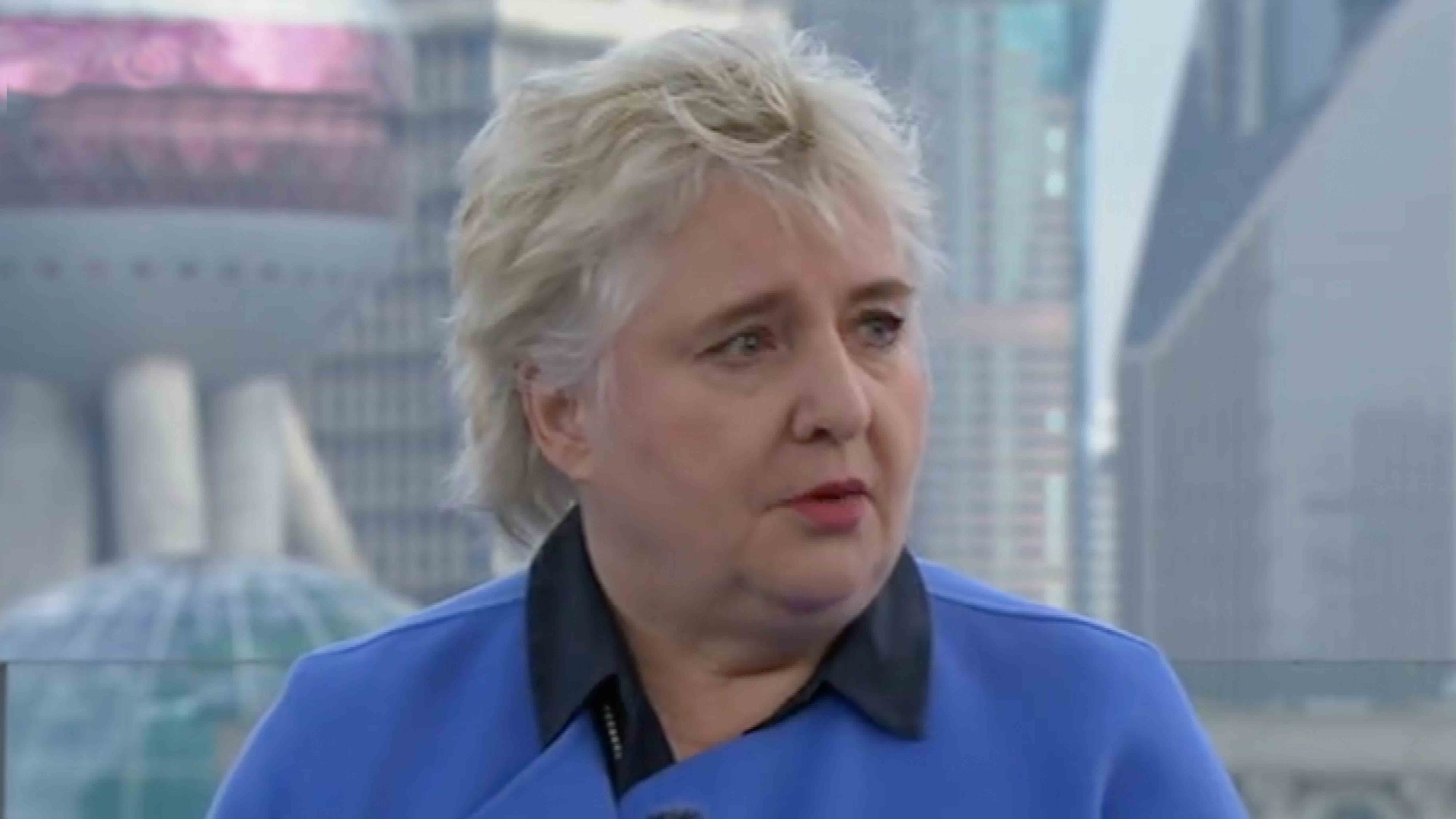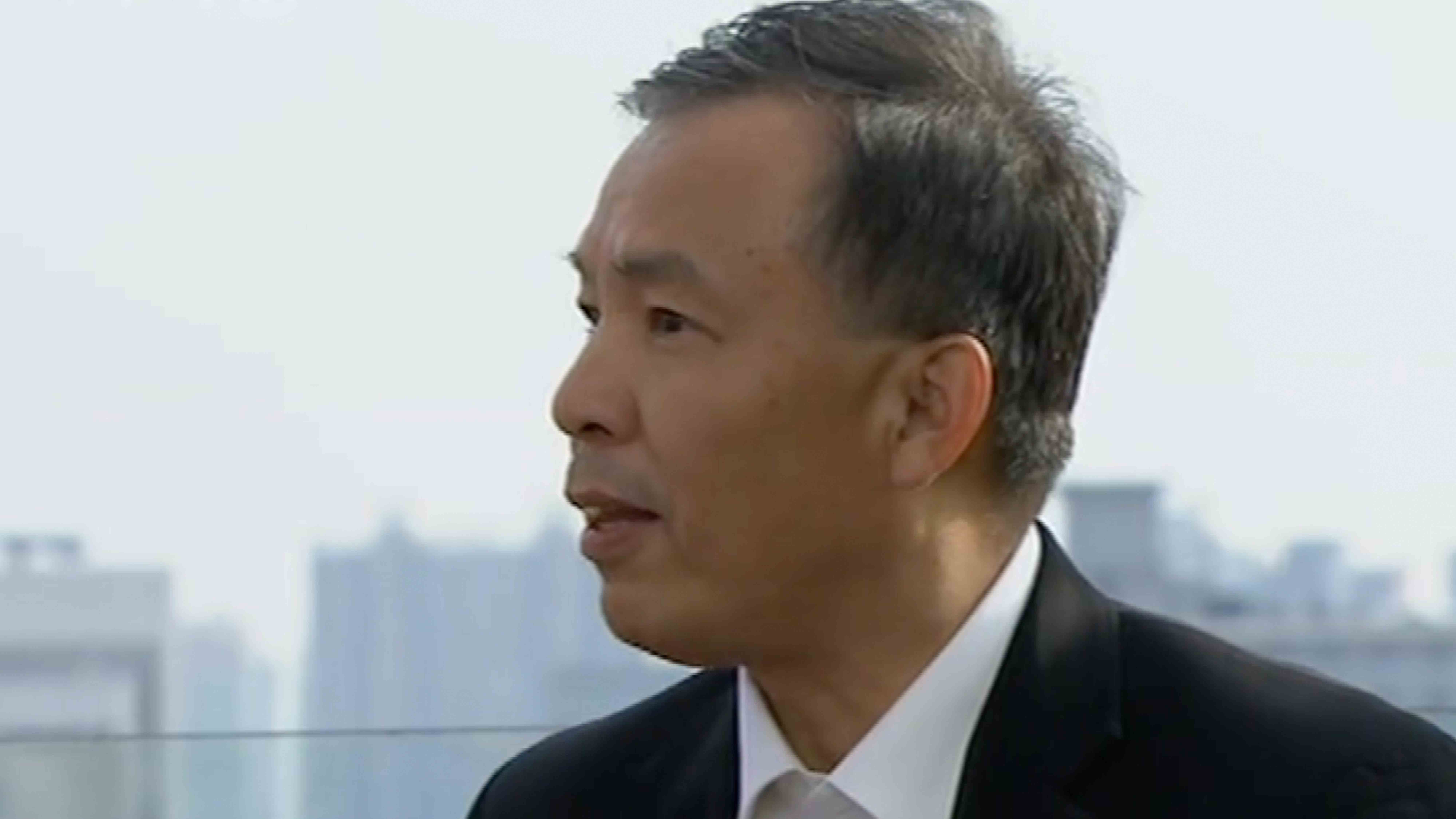
Opinions
08:51, 01-Dec-2018
Opinion: Dialogue with World: 40 years on, what is China's way forward?
Updated
08:15, 04-Dec-2018
CGTN's Dialogue

When it comes to China's development in the past 40 years, it is not only the speed and the scope of changes that have stunned the world, but the path to where the country is today has also been a constant source for amazement, as it contradicts the traditional view that only Western democracies are capable of such massive transformations.
In commemoration of the 40th anniversary of China's reform and opening up, CGTN's Dialogue went to Shanghai, China's gateway to modernity, and sat down with the German public radio and television broadcaster Norddeutscher Rundfunk (NDR), to discuss China's relationship with the outside world, its past achievements, and ways forward.
Sabine Stricker-Kellerer, president of the Beijing-based German Foreign Trade Council, pointed out that China's reform and opening up has brought about a slew of changes to the Chinese economy; as a result, challenges facing foreign companies in China have also evolved.
01:49

As she explained, when China first opened up, market access for foreign enterprises was still rather limited. Now, as foreign enterprises can "more or less come to China freely," access to the Chinese market does not constitute much of a concern anymore, but rather, the focus has shifted to how to establish a base for globalization in China.
She also pointed to the increased competitiveness of Chinese domestic companies as another notable change. She said that whereas 40 years ago European companies in China faced little competition from Chinese domestic companies, now a large number of them, be it state-owned or private ones, have not only flourished domestically but also set their global drive in motion. As a result, foreign companies have to think hard about how to thrive in an increasingly competitive business environment in China.
However, 40 years into its new chapter of development, will the country be on the exact same development path for the decades to come? How does the country plan to move ahead as there has been a growing call from the West for China to change some of its economic policies?
Jens Hildebrandt, the Chief Representative of the Delegation of German Industry and Commerce in Beijing, while recognizing the ample opportunities the Chinese market provides for German companies, also raised the issues of market access and fair competition, such as government subsidies to state-owned companies, which he believes has largely disadvantaged certain foreign companies. He also added that issues regarding technology had discouraged German companies from investing in R&D in China as well.
00:41

In response, Chen Hong, CEO of the Hina Group, speaking from Chinese perspective, expressed the view that "due to a lack of experience in globalization," China needs to be careful in deciding how to step forward.
He characterized China's past reforms as gradual, which saw the country slowly adapting to the international demands.
Chen drew attention to China's gradual process of opening up its financial system in particular, and presented the recent policy that would allow foreign banks to hold a majority stake as hard evidence of China's slow yet consistent efforts towards more openness.
"It is a learning process, and China should be given the time," he said.
00:51

Instead of worrying over how open the Chinese market is, Professor Jia Ning at Tsinghua University, one of China's top institutes of higher learning, believes that foreign companies should be more concerned about their understanding of the Chinese market.
“When a lot of companies come to China, they don't use localization strategies. For example, Google came to China twice, every time it just brought the standard of products that are offered in the United States, and underestimated of importance of using a high-touch distribution system in China,” she said.
The issue over how China is going to develop in the coming decades is not going to be solved in a discussion. However, for China and the world to work more closely and advance multilateralism at a time when the value is much threatened, both sides need to listen more closely to each other and seek more common ground.
(If you want to contribute and have specific expertise, please contact us at opinions@cgtn.com.)

SITEMAP
Copyright © 2018 CGTN. Beijing ICP prepared NO.16065310-3
Copyright © 2018 CGTN. Beijing ICP prepared NO.16065310-3